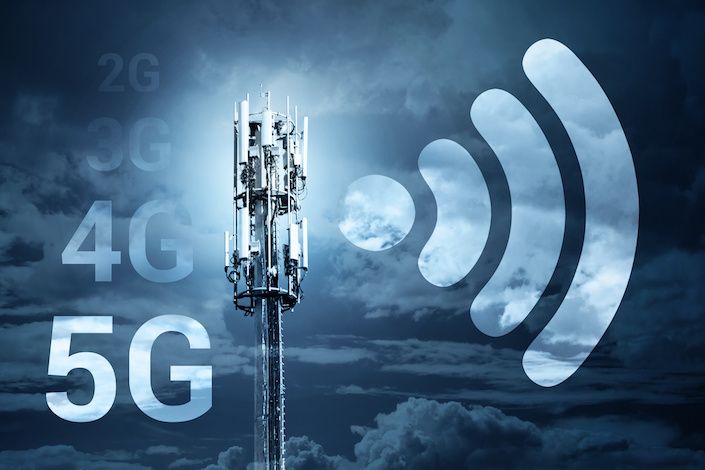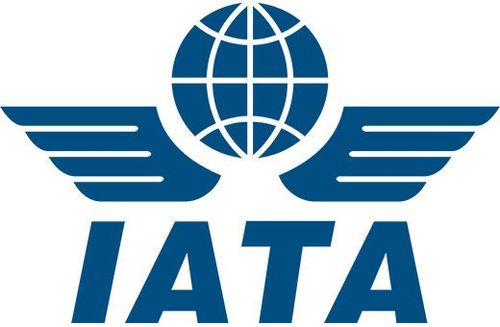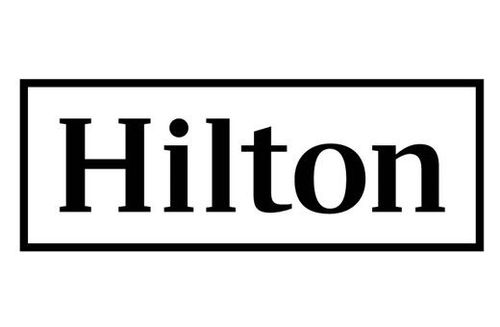Where travel agents earn, learn and save!
News / IATA: Ensuring safe rollout of 5G networks
IATA urged governments to work closely with the aviation industry to ensure that aviation and incumbent aviation safety systems can safely co-exist with new 5G services

The International Air Transport Association (IATA) urged governments to work closely with the aviation industry to ensure that aviation and incumbent aviation safety systems can safely co-exist with new 5G services[i]. While IATA recognizes the economic importance of making spectrum available to support next generation commercial wireless telecommunications, maintaining current levels of safety of passengers, flight crews, and aircraft must continue to be one of governments’ highest priorities. The call came as the industry was meeting in Doha, Qatar at the 78th IATA Annual General Meeting.
Before deciding on any spectrum allocations or conducting spectrum auctions, IATA called for governments to ensure close coordination and mutual understandings between national spectrum and aviation safety regulators so that each frequency allocation/assignment is comprehensively studied and is proven not to adversely impact aviation safety and efficiency. Robust testing in coordination with aviation subject matter experts is critically important in providing necessary information.
Measures that have already been used by some governments include:
- Ensure thorough testing, sufficient spectrum separation between 5G C-band deployments and 4.2-4.4 GHz frequency band used by existing radio altimeters
- Clearly codify and enforce the maximum power limit for 5G C-band transmission and downward tilting of 5G antennae particularly in the vicinity of flightpaths
- Establishment of sufficient 5G C-band prohibition and precautionary zones around airports
IATA noted that airlines operating to/from and within the US continue to contend with the effects of the rollout of 5G, including a pending airworthiness directive from the Federal Aviation Administration requiring them to retrofit/upgrade radio altimeters at their own expense to enable the respective aircraft to continue to utilize CAT II and CAT III low-visibility approaches at many US airports where 5G C-Band service is currently or will be deployed in future. The timely availability of upgraded altimeters is a concern, as are the cost of these investments and the lack of certainty regarding the future spectrum environment. Furthermore, 19 additional telecommunications companies are scheduled to deploy 5G networks by December 2023.
The International Civil Aviation Organization (ICAO) and the International Telecommunications Union (ITU) both have recognized and reminded their Member States and Administrations of the importance of ensuring that existing aviation systems and services are free from harmful interference.[ii] This will become even more critical as more and more spectrum is being allocated to new generation telecommunications services.











